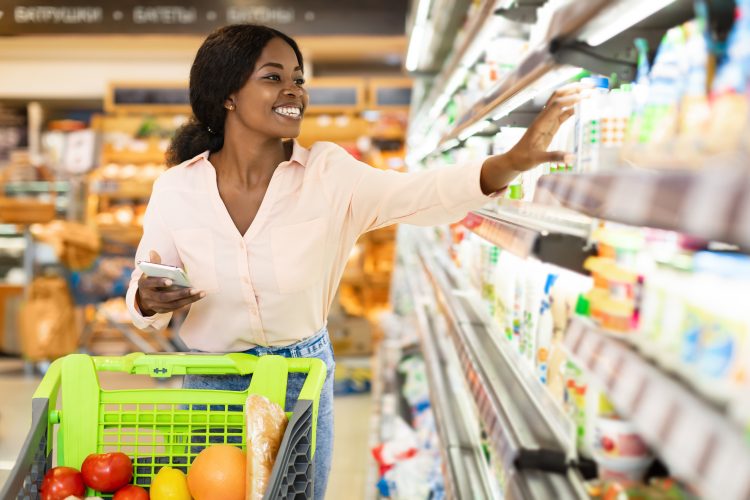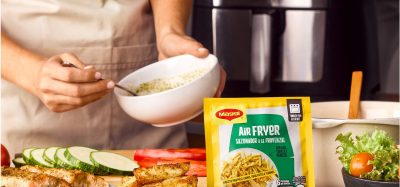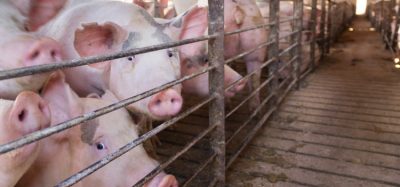How are consumers adapting their food spending?
- Like
- Digg
- Del
- Tumblr
- VKontakte
- Buffer
- Love This
- Odnoklassniki
- Meneame
- Blogger
- Amazon
- Yahoo Mail
- Gmail
- AOL
- Newsvine
- HackerNews
- Evernote
- MySpace
- Mail.ru
- Viadeo
- Line
- Comments
- Yummly
- SMS
- Viber
- Telegram
- Subscribe
- Skype
- Facebook Messenger
- Kakao
- LiveJournal
- Yammer
- Edgar
- Fintel
- Mix
- Instapaper
- Copy Link
Posted: 6 May 2024 | Grace Galler | No comments yet
Latest data from Kantar has revealed that more consumers are altering their purchasing habits, opting for own-label in place of established brands.


Amid the cost-of-living crisis, consumers have been altering their shopping habits when it comes to food, according to latest data from Kantar and the British Frozen Food Federation (BFFF).
New Food has been keeping its readers up to date with the food inflation statistics, and reported a 45 year high back in April 2023 where it reached 19.2 percent.
Since then, consumers across the UK have been found to be adapting their spending on food. Data was analysed from the 52 weeks to 17 March 2024, and revealed that shoppers are continuing to turn to own-label products in the place of established brands.
During the same time frame, total private label volumes have increased by 2.2 percentage points against a -3.7 drop in total branded volume. When it comes to frozen food sales, a 0.1 percent increase has also been noted.
Going further, Kantar found that discount retailers have observed a surge in both volume and value, and claims that Brits have been “switch[ing] from three of the big four supermarkets seeking more affordable alternatives.” This significant shift is evident across the market spectrum, highlighting that consumers continue to prioritise value amidst economic uncertainty.
In spite of this, it was shown that M&S has experienced a “marginal rise in frozen food sales within the broader shift towards own-label products”.
Sharing his thoughts on the latest data, Rupert Ashby, CEO of BFFF, said: “While food inflation remains a persistent challenge, we are witnessing a notable change in consumer behaviour.
“The data reflects a shift towards value-driven purchases, with consumers increasingly prioritising affordability without sacrificing quality. Volume share increases of 0.8 and 0.6 percentage points for Lidl and Aldi and a decline of -0.6 and -0.8 for Morrisons and Asda over the 52 week period show where the most change is happening. Sainsbury’s is bucking that trend with a 52 week increase of 0.6 in volume sales.”
Looking specifically at the last quarter, frozen food sales were subject to a decline, however this does not include savoury frozen products which have experienced sustained demand (+3.1 percent volume) over the 12 weeks to 17 March 2024.
“With the national minimum wage on the rise and the rate of inflation now slowing down, consumers can anticipate a potential reprieve on the financial struggles of the last few years. As economic conditions stabilise, we anticipate a resurgence in consumer spending power, presenting new opportunities for frozen food manufacturers,” continued Ashby.
“Yet this is somewhat of a double-edged sword. More expensive labour in an already stretched market means that manufacturing costs will rise, and this will likely be passed on to the consumer in the price of the product. Global conflicts continue to cause market disruption so we’re a long way from being out of the woods yet.”
Related topics
Food Security, Research & development, retail, Trade & Economy







